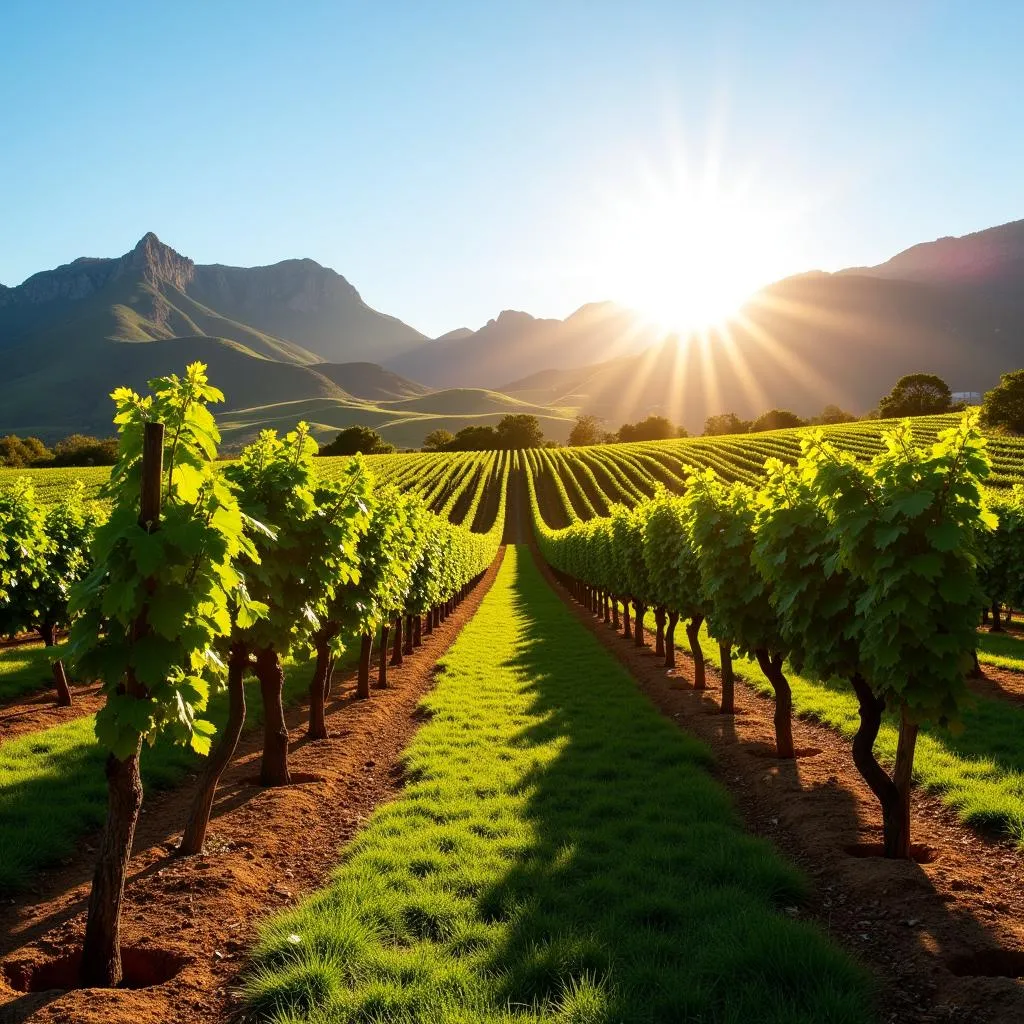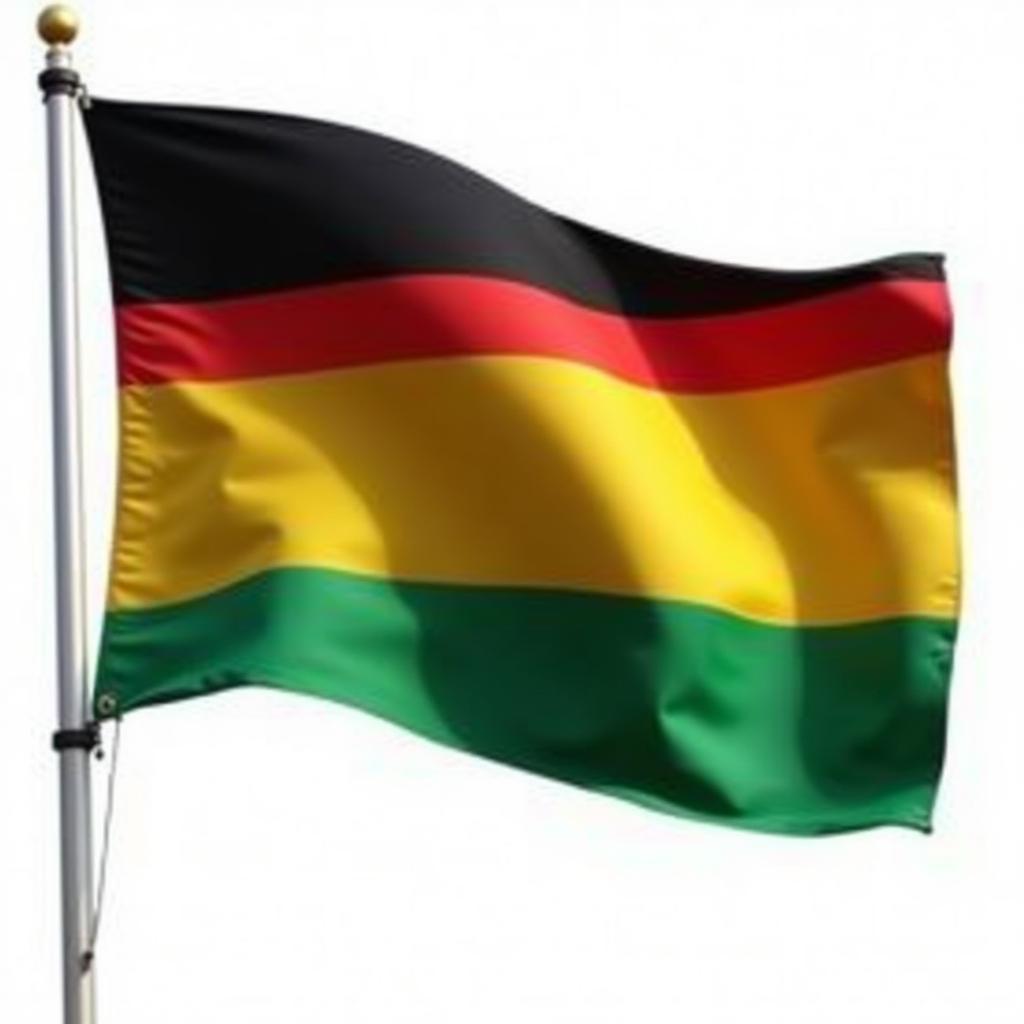Unveiling the Allure of African Bordeaux: A Wine Lover’s Guide
Nestled within the heart of the African continent, a new generation of winemakers is crafting exceptional wines that are captivating the palates of connoisseurs worldwide. African Bordeaux, a term that once seemed paradoxical, is now a testament to the burgeoning wine industry in countries like South Africa, Morocco, and Algeria. These nations, with their unique terroir and innovative techniques, are producing red blends that rival the esteemed wines of their French namesake.
The Rise of African Bordeaux: A Tale of Terroir and Tradition
The story of African Bordeaux begins with the arrival of European settlers, who brought with them the art of viticulture. While the initial focus was on replicating the wines of the Old World, African winemakers soon realized the potential of their unique terroir. With diverse climates, varying altitudes, and rich soil compositions, the continent offered a vast canvas for innovation.
The term “Bordeaux blend” traditionally refers to a blend of grapes originating from the Bordeaux region of France, primarily Cabernet Sauvignon, Merlot, and Cabernet Franc. However, African winemakers have taken this classic blend and imbued it with their own signature, often incorporating indigenous grape varieties like Pinotage in South Africa or Cinsault in Morocco. This experimentation has resulted in wines that are both familiar and distinctively African.
 Lush vineyard under the African sun
Lush vineyard under the African sun
South Africa: The Pioneer of African Bordeaux
Leading the charge in African Bordeaux production is South Africa, a country with a winemaking history dating back centuries. The Stellenbosch and Paarl regions, in particular, are renowned for their Bordeaux-style blends. These wines often exhibit rich fruit flavors of blackcurrant and plum, complemented by elegant tannins and a long, lingering finish.
South African winemakers have embraced modern techniques while remaining true to their heritage. The use of sustainable farming practices and minimal intervention in the cellar allows the character of the terroir to shine through in the wines.
Beyond South Africa: Discovering Hidden Gems
While South Africa may be the most established player, other African nations are also making their mark on the world stage. Morocco, with its Mediterranean climate and fertile coastal regions, is producing elegant Bordeaux blends that showcase notes of ripe berries, spice, and minerality.
Algeria, once a major wine producer under French rule, is experiencing a revival. Its high-altitude vineyards in the Atlas Mountains are ideal for producing fresh, aromatic wines with vibrant acidity.
 African winemaker inspecting a glass of red wine
African winemaker inspecting a glass of red wine
What Makes African Bordeaux Unique?
What sets African Bordeaux apart is not just the terroir, but also the spirit of innovation and the dedication of the winemakers. They are constantly pushing the boundaries, experimenting with new blends and aging techniques.
“African winemakers are not afraid to break the mold,” says Akindele Adebola, a renowned wine critic and sommelier based in Nigeria. “They are crafting wines that are both expressive of their heritage and reflective of the modern wine world.”
Pairing African Bordeaux: A Culinary Adventure
The versatility of African Bordeaux makes it an excellent pairing partner for a wide range of cuisines. Its bold fruit flavors and structured tannins complement grilled meats, stews, and roasted vegetables beautifully.
For a truly African experience, try pairing a South African Bordeaux blend with a traditional braai, a barbecue featuring a variety of meats, sausages, and vegetables. Or, opt for a Moroccan Bordeaux alongside a tagine, a slow-cooked stew with aromatic spices and dried fruits.
Conclusion: Raise a Glass to African Excellence
African Bordeaux is more than just a wine; it is a testament to the passion, innovation, and resilience of the continent’s winemakers. From the sun-drenched vineyards of South Africa to the rolling hills of Morocco, Africa is producing world-class wines that are challenging perceptions and captivating palates. So, next time you reach for a bottle of red, consider venturing beyond the familiar and exploring the exciting world of African Bordeaux.
FAQs about African Bordeaux:
- What are the main grape varieties used in African Bordeaux? Cabernet Sauvignon, Merlot, and Cabernet Franc are the most common, but other varieties like Pinotage, Cinsault, and Shiraz are also used.
- Where can I find African Bordeaux wines? Specialty wine shops, online retailers, and some supermarkets now stock a selection of African wines.
- What is the best temperature to serve African Bordeaux? Between 16-18°C (60-65°F).
- How long can I age an African Bordeaux? Many high-quality African Bordeaux blends can age for 5-10 years or more.
- What are some food pairings for African Bordeaux? Grilled meats, stews, roasted vegetables, hard cheeses, and charcuterie platters.
Other Resources:
- Wine of South Africa
- Wines of Morocco
- Algerian Wine Association
For further information or assistance, please contact us at:
Phone Number: +255768904061
Email: kaka.mag@gmail.com
Address: Mbarali DC Mawindi, Kangaga, Tanzania
Our team is available 24/7 to answer your questions and help you discover the perfect African Bordeaux for your next occasion.

